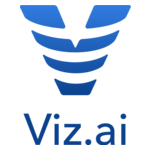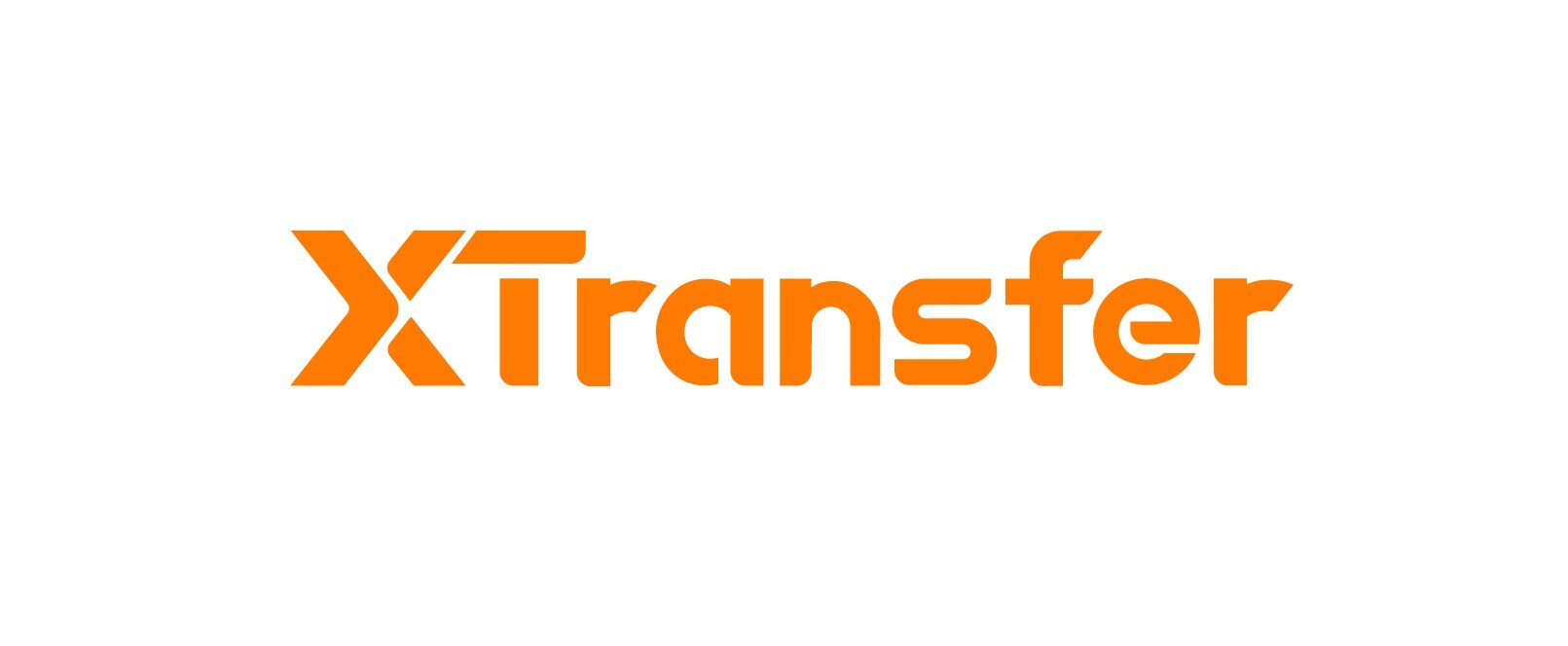
Real-world evidence being presented at RSNA 2024 demonstrates positive impact of Viz.ai on suspected aneurysm detection to enable patient triage and improve care
Viz.ai Announces Two New Studies Supporting its AI-powered Solutions for the Detection of Suspected Cerebral Aneurysm and Abdominal Aortic Aneurysm
Media Contact
Brendi Bluitt
brendi.bluitt@finnpartners.com
Viz.ai, the leader in AI-powered disease detection and intelligent care coordination, today announced new clinical data supporting advancements in neurology and vascular care. Two studies, being presented at the Radiologic Society of North America’s (R SNA) Annual Scientific Session & Expo 2024, have shown positive outcomes with real-world impact of Viz.ai in clinical practice for patients with cerebral aneurysm or abdominal aortic aneurysm (AAA).
“An aneurysm, whether in the brain or aorta, is a serious condition that can be life-threatening, prompting quick action to be taken to prevent rupture and potentially fatal bleeding,” said Molly Madziva Taitt, Ph.D., vice president of global clinical affairs at Viz.ai. “These studies using diverse real-world patient data show the potential of both Viz AAA and Viz Aneurysm to be effective and highly accurate tools that can assist with a radiologist’s ability to triage and monitor patients appropriately, possibly saving lives.”
The first study, “Performance and Validation of a Machine Learning-Based Aneurysm Detection Tool in the Clinical Setting,” assessed the performance of Viz Aneurysm through a retrospective evaluation of 703 Head computed tomography angiography (CTA) exams from UC Irvine Health System. The Viz Aneurysm algorithm successfully detected positive aneurysm cases with a sensitivity of 96.6% and specificity of 98.1%. The overall positive predictive value (PPV), or the ratio of true positive predictions considering all positive predictions, of Viz Aneurysm in this study was 82.4% and negative predictive value (NPV), or the ratio of true negative predictions considering all negative predictions, was 99.7%. Additionally, it was noted that eight cases were detected with multiple aneurysms and 21 cases with aneurysms <4mm, suggesting Viz Aneurysm may be used to detect and manage patients with a lower risk of rupture.
“Our findings show that the Viz Aneurysm algorithm successfully detected most of the aneurysms in our clinical dataset and performed consistently across subset analyses,” said Jennifer E. Soun, M.D., assistant professor, radiological services and neurology at University of California, Irvine School of Medicine. “Viz Aneurysm’s high accuracy shows its potential use to help detect and manage aneurysms in patients.”
The second study, “Performance of AAA AI Triage Software on Real-World Patient Data,” evaluated the performance of the Viz AAA algorithm across 341 CTA exams of the abdomen from Montefiore Health System. In this retrospective analysis, the Viz AAA algorithm successfully detected positive aneurysm cases with a sensitivity greater than 85%, whether cases with graft repair were included (86.5%) or not (88.6%), and specificity of 98.3%. Additionally, it was noted that 25 CTAs with AAA and graft repair were correctly identified as positive by the Viz AAA module.
“These data suggest that this AI-triage tool is both highly sensitive and specific, indicating high reliability for cases determined as positive across our diverse patient scans,” said Matthew Lazarus, M.D., Ph.D., assistant professor of radiology at Montefiore Medical Center and Albert Einstein College of Medicine. “We believe incorporation of Viz AAA may help radiologists and other clinicians positively identify patients with AAA and potentially facilitate optimal treatment, management and health outcomes.”
To learn more, visit booth 4924 at RSNA or go to Viz Aortic and Viz Aneurysm.
About Viz.ai
Viz.ai is the pioneer in the use of AI algorithms and machine learning to increase the speed of diagnosis and care across 1,700+ hospitals and health systems in the U.S. and Europe. The AI-powered Viz.ai OneTM is an intelligent care coordination solution that identifies more patients with a suspected disease, informs critical decisions at the point of care, and optimizes care pathways and helps improve outcomes. Backed by real-world clinical evidence, Viz.ai One delivers significant value to patients, providers, and pharmaceutical and medical device companies. For more information visit Viz.ai.
View source version on businesswire.com: https://www.businesswire.com/news/home/20241126337570/en/











